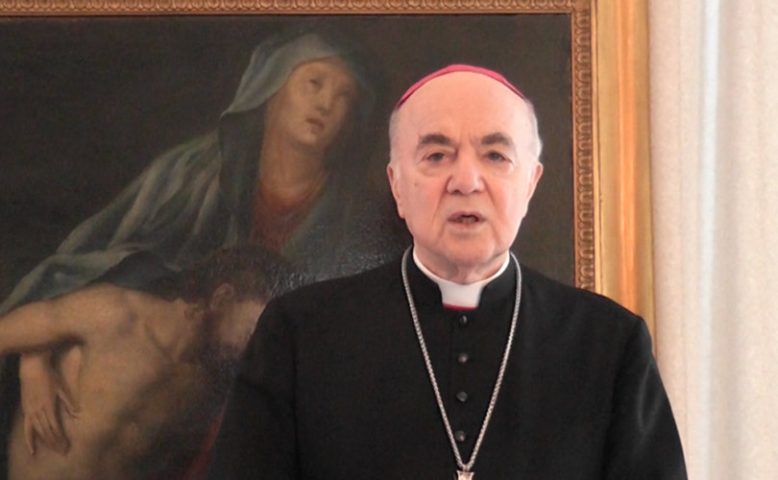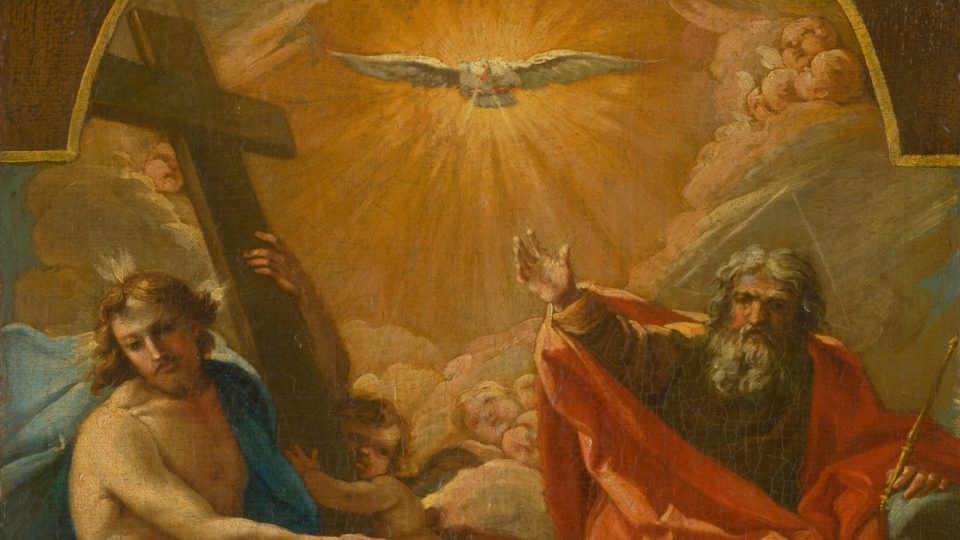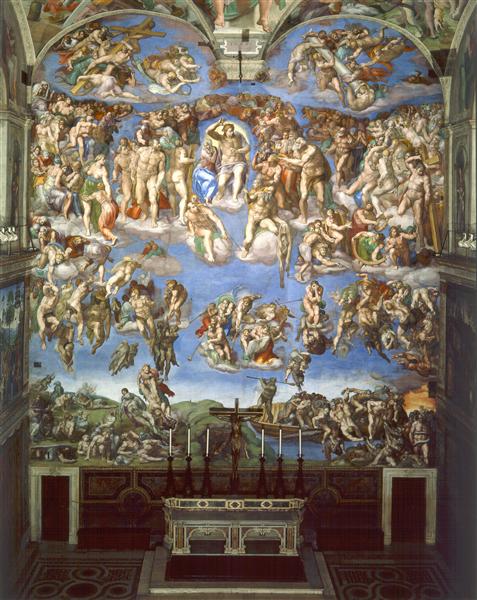‘Day Care Teacher’ Uses ‘Non-Binary’ Doll to Pervert Minds of 4-Year-Old Kids, by Peter LaBarbera
January 26, 2023Rev. Michael P. Orsi: We Don’t Go to Church for Ourselves
January 26, 2023
I would not be ‘surprised’ if those ‘abusing apostolic authority’ soon ‘prohibit’ the Latin Mass ‘altogether.’
By Archbishop Carlo Maria Viganò, LifeSiteNews, Jan 24, 2023
(LifeSiteNews) — The following is an essay by Archbishop Carlo Maria Viganò on the current debate about Traditionis Custodes.
“THE ONE THREAD BY WHICH THE COUNCIL HANGS”
A response to Reid, Cavadini, Healy, and Weinandy.
Et brachia ex eo stabunt, et polluent sanctuarium fortitudinis, et auferent juge sacrificium: et dabunt abominationem in desolationem.
And arms shall stand on his part, and they shall defile the sanctuary of strength, and they shall take away the continual sacrifice:
Dan 11: 31
I have followed with interest the ongoing debate about Traditionis Custodes and Father Reid’s comment (here) in which he refutes Cavadini, Healy, and Weinandy, without however reaching a solution to the problems identified. With this contribution, I would like to indicate a possible way out of the present crisis.
Vatican II, not being a dogmatic Council, did not intend to define any doctrinal truth, limiting itself to reaffirming indirectly – and in an often equivocal form – doctrines previously defined clearly and unequivocally by the infallible authority of the Magisterium. It was unduly and forcibly considered as “the” Council, the “superdogma” of the new “conciliar church,” to the point of defining the Church in relation to that event. In the conciliar texts there is no explicit mention of what was later done in the liturgical sphere, passing it off as the fulfillment of the Constitution Sacrosanctum Concilium. On the other hand, there are many critical issues with the so-called “reform,” which represents a betrayal of the will of the Council Fathers and of the pre-conciliar liturgical heritage. …







